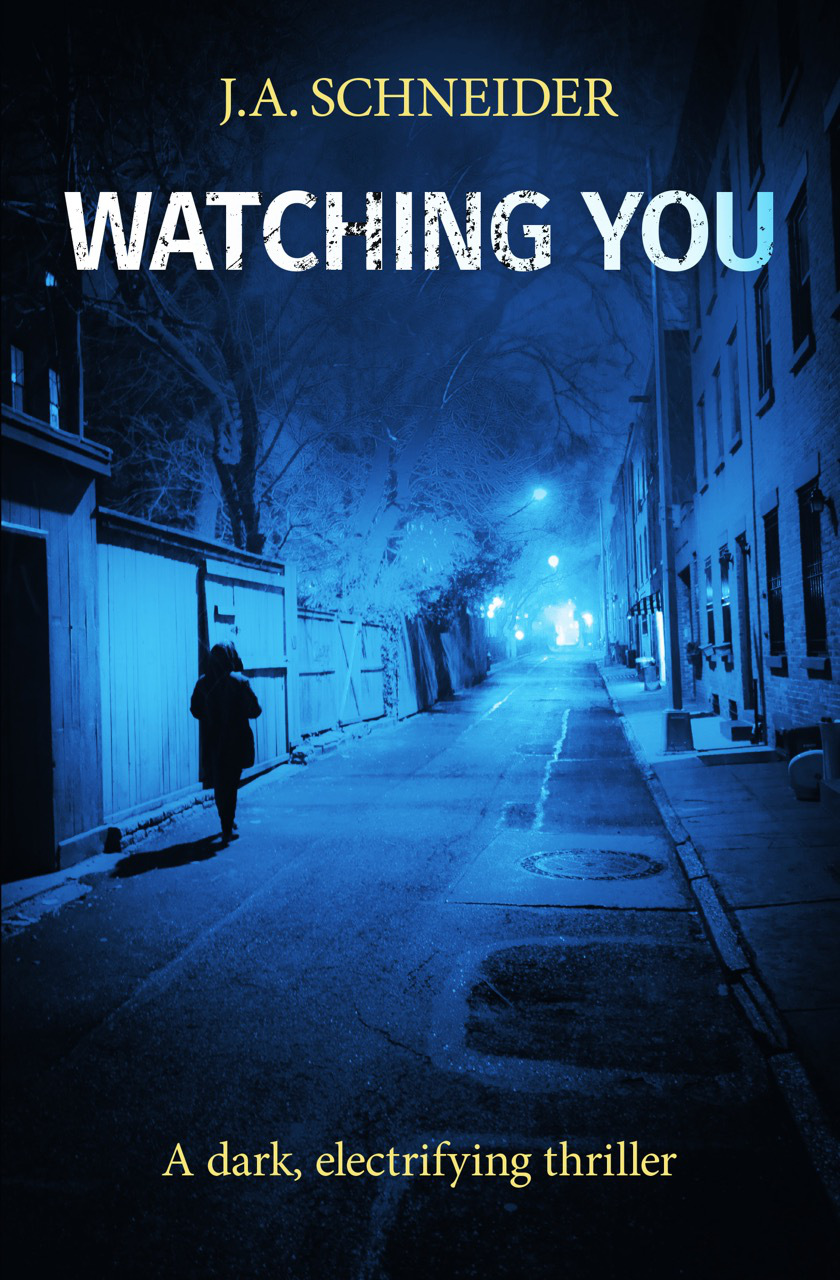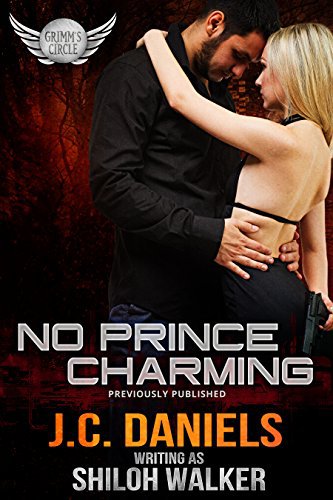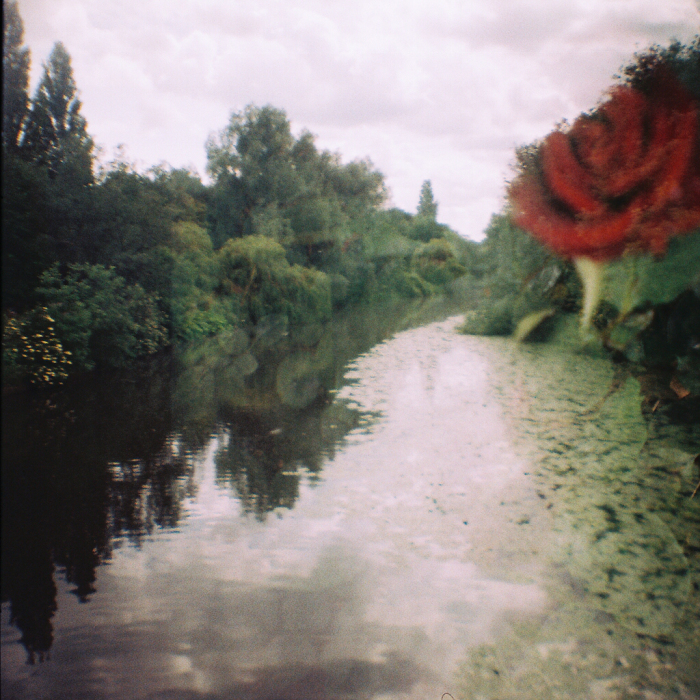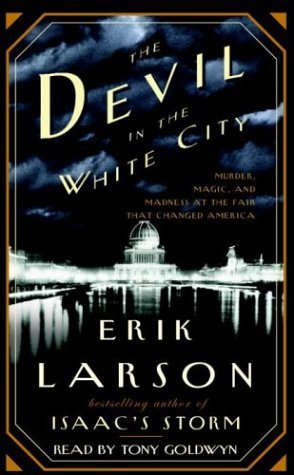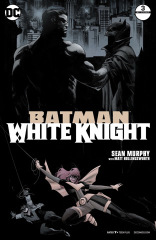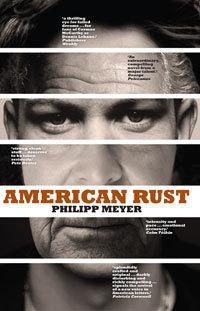 American Rust by Philipp Meyer, reviewed.
American Rust by Philipp Meyer, reviewed.
Ah, America. Rags to riches. Dream fulfilled country, right?
Nope.
Without spoiling too terribly much, this is not that book. This is not romance.
American Lit. nerd time-out: in his Criticism and Fiction, realist writer of the 1800s, William Dean Howells, argued that a story where “all grows naturally out of character and conditions is the supreme form of fiction.” Down with the sentimentality of romantic fiction! Realism was best suited to express the spirit of America. Then, real got real-er, and naturalist writers like Theodore Dreiser and Jack London showed what happens when natural forces overwhelm us silly humans.
American Rust is real-natural in that way. And I like it. Realism has always appealed to this Rust Belt native for whom romantic lit. often feels at best, false, and at worst, dangerous.
For me, this debut novel’s strengths are in the real and natural way Philipp Meyer’s dark story grows out of the ruinous conditions of its modern Appalachian Pennsylvania setting: post-industry, post steel money, post employment, though still (or again) naturally beautiful.
This is a story of two very different young men from the same place. Isaac is small, awkward, and MIT-smart; Billy is handsome and strong, a former high school football star. One night, the friends get caught up in/perpetrate an act of terrible violence, just as restless Isaac has decided he must head to Stanford to put his genius to work. Post-crime, Isaac makes good on his promise to leave their hometown, and Billy stays. Each man suffers for his decision, Isaac on the road and in train yards where lawlessness reigns, and Billy in prison. The men’s families become entangled in the tragedy, as does the local police chief, Harris, who must weigh his job as a lawman against his love for Billy’s mother, Grace. All suffer in the aftermath of one violent mistake.
Only, the reader knows that the crime is but a single mistake in a long line of mistakes, including the horrible steel-work accident that put Isaac’s father in a wheelchair and Isaac’s mother’s suicide; Billy’s father’s shiftlessness and Billy’s mother’s failures in life and love.
From the start, I was confident that Meyer knows this very real (though a fictional composite) place of Buell, Pennsylvania—it’s flora and fauna, its hills both natural and man-made. This writer understands the steel industry that created and destroyed this place and the tracks and trails and byways that connect the hamlets and towns. I applaud Meyer for many of his passages describing this unique Rust Belt setting in beautiful language:
Leaving the tracks, Isaac followed a small stream up the hillside, a canopy of alder, the bark white against the green of everything else, moss dragging in the clear fast water.
Meyer’s descriptive strengths don’t end outside. His descriptions of the harrowing life inside prison walls are also affecting:
The sun was high and the guards looked down from their towers, M16s against their hips…Beyond the double forty-foot fences and razor wire the Valley was still there in all its greenness but he no longer knew what to make of it…
Setting is a fully-fleshed-out character in this novel—perhaps our most heroic character—so much so that it dictates the development of the people of this post-industrial world.
These are damaged characters in damaged places, lands stripped for humanity’s material gain. And now, it seems, the land is taking back what it lost: where the town steelmill once reigned, it is now partially dismantled and
…stands like an ancient ruin, its buildings grown over with bittersweet vine, devil’s tear thumb, and tree of heaven. The footprints of deer and coyotes criss-crossed the grounds.
An avid deer hunter, Billy becomes the hunted, prey to gangs of thugs behind bars. His mother becomes helpless as a spring lamb, and would starve if the most heroic of the human figures, Harris, didn’t feed her. Isaac’s father, too, is helpless and contemplates suicide. Isaac’s married sister gets caught up in a trap of old feelings for Billy. Really, it’s no surprise that Isaac chose to flee this tragic landscape created by man’s mistakes. In the frequent internal monologue-ing of Isaac, an amateur scientist, we come to understand his lack of agency:
Watch a sunset and feel like you own it but it’s been rising without you for a thousand years.
Still, this is where I was let down, by a writer who didn’t exercise enough control over his characters’ responses to the world around them, a world that is in ruin at least in part because of the characters’ very own doing. Now, that’s dangerous.
When it’s fight or flight time, Isaac hops a train out of town. Then we have part Don Quixote quest, part Huck Finn adventure, part flight of fear, a la The Road. More compelled was I by the characters who remained penned in by the situations of home they had created for themselves. Maybe that was the point. The young and smart of the Rust Belt take flight, while their unlucky peers stay and fight alongside their elders digging their own graves. But it made for an unsympathetic main character in Isaac, no matter how smart.
For that reason, I was thankful for the frequent point of view switches that allowed me to journey with Billy in prison, with his mother and Harris in their fraught on-again-off-again relationship, and with Isaac’s father and sister, who are left to question who, exactly, Isaac is. I’m still not sure.
Like other reviewers, I was bothered by Isaac’s habit of referring to himself in the first person. I also didn’t see the point of the fragmented way the internal thoughts of characters were presented, when much of Meyer’s prose is so rhythmically pleasing.
Even so, I thought it was a strong debut novel, now eight years old. I imagine Meyer’s The Son, published in 2014 (on my to-read list), will illuminate another American landscape. I only hope that this time the characters we need to care about—call me sentimental!—are made to fight.
Have you read American Rust? What books would you compare it to? Like it? Feel it was an accurate portrayal of a Rust Belt locale?
Can’t get enough Rust Belt Girl? Also find me on my FB page. Thanks!
Advertisements Share this today:

